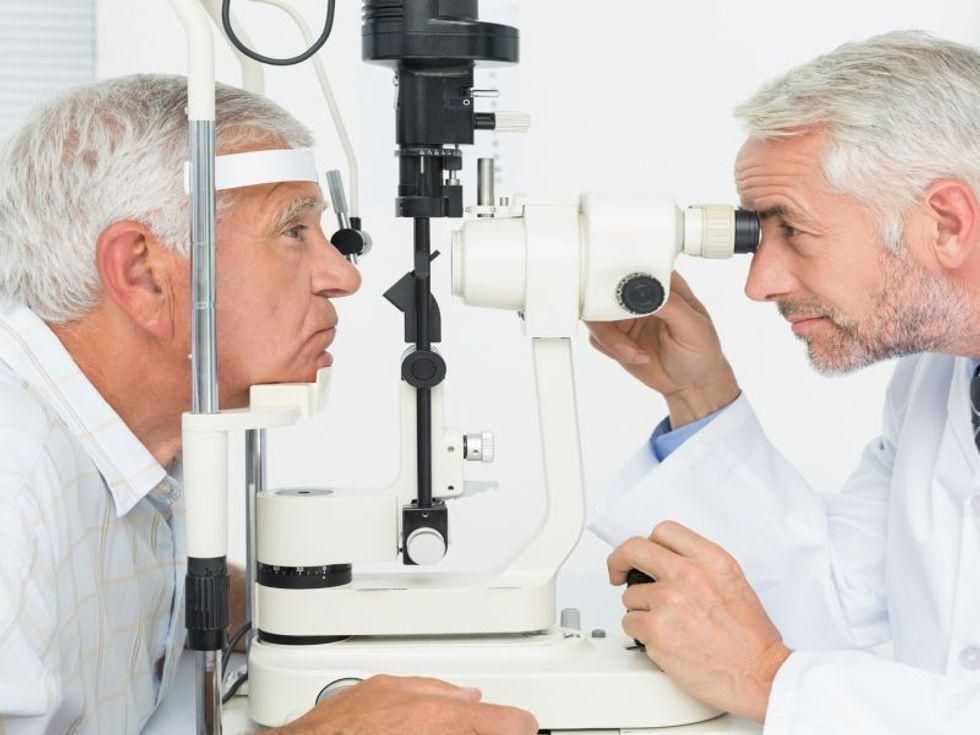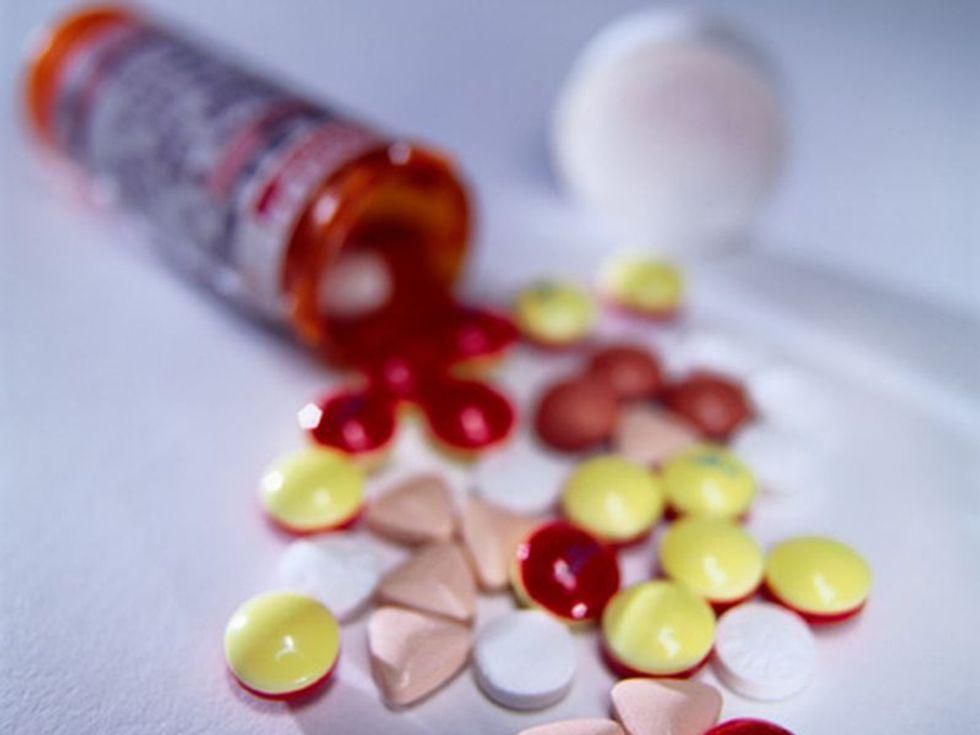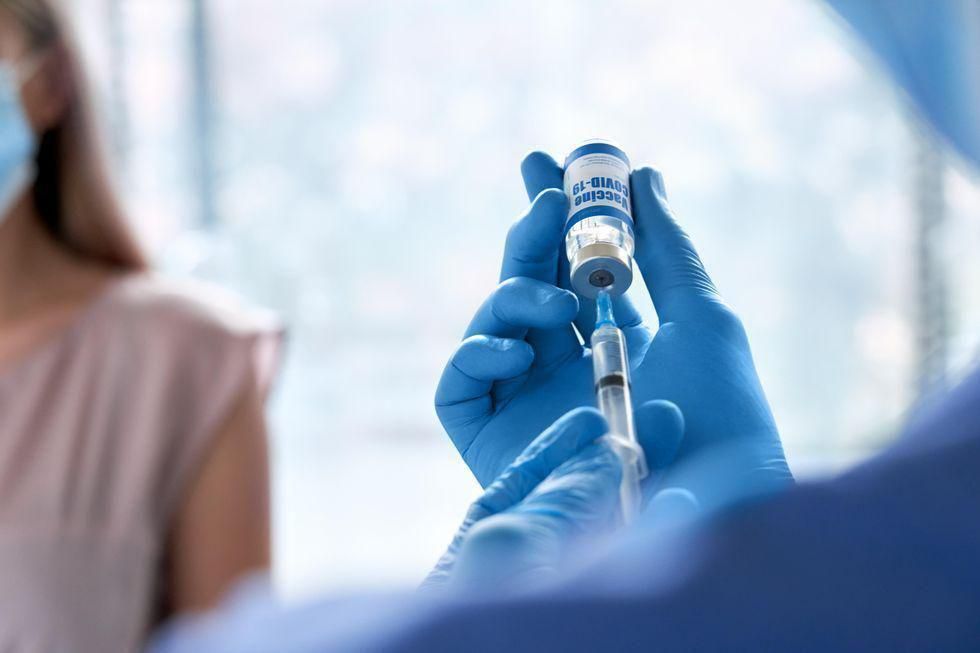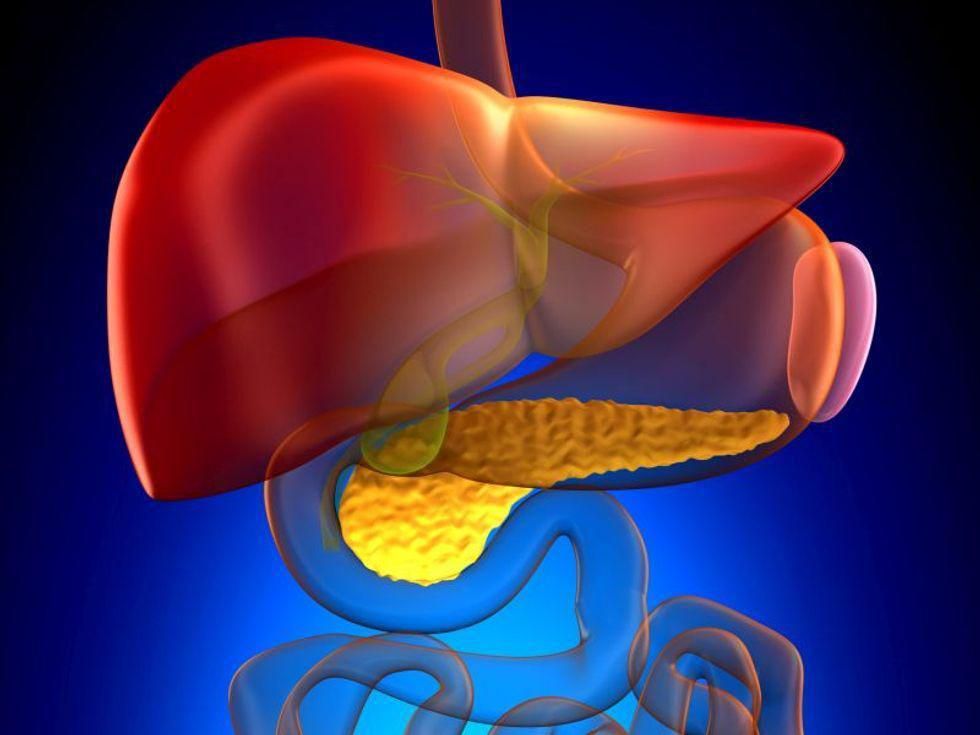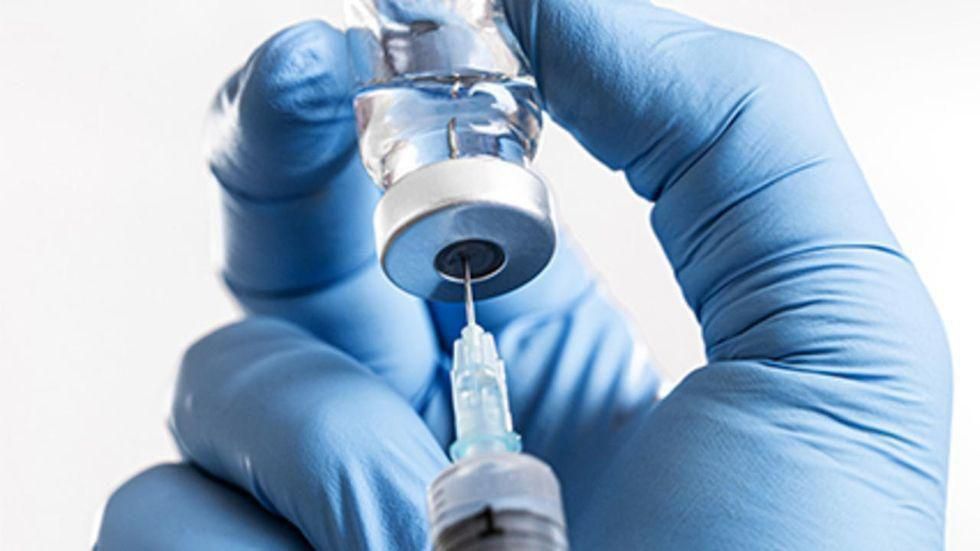
TUESDAY, Oct. 26, 2021 (HealthDayNews) — If you suffer from severe allergies and worry about the side effects of COVID-19 vaccines, you can relax: A new study shows that even when people report a history of severe allergic reactions to medications, vaccines or allergens, nearly all of them can be fully vaccinated. The research involved… read on > read on >










